Recent Posts:
- Abbexa celebrates commitment to Real Living Wage
- Abbexa to exhibit at AACR 2024
- The Journey of Alzheimer's: From Understanding to Hope
- Abbexa visits the Small Business Expo
- Abbexa visits Lab Innovations
- Abbexa Attends Cambridge University Careers Fair
- Abbexa Appoints NuLife as a Distributor in India 2023
- The Spread and Control of Avian Influenza
- Do current COVID-19 vaccines protect against brain damage?
- The Emergence of Monkeypox
Lab-Grown Sperm to Treat Male Infertility
Posted on 2020-11-30
Problems conceiving a child can be a stressful and emotional experience, and infertility affects approximately 7% of the male population. In recent years, infertility treatments have taken great strides in helping people to conceive, though there is still some way to go. One cause of male infertility stems from problems with sperm formation. A new study on the transcriptome profile of human spermatogonia development in vitro presents therapeutic applications that could help these men have genetic children of their own.
Spermatogonial Stem Cells (SSCs) are the stem cells of the seminiferous epithelium in the testes. They differentiate to produce sperm in a process called spermatogenesis, whilst simultaneously maintaining their pool through self-renewal. The ability to culture human SSCs holds promising therapeutic value in the treatment of male infertility.
An effective method to isolate and culture SSCs has long been elusive, but Tan, K. et al have brought the scientific community one step closer. The group identified a protein marker, PLPPR3, on the cell surface of SSCs, which they utilised to successfully culture human primitive undifferentiated spermatogonia (uSPG) highly enriched in SSCs, achieving the highest SSC count in vitro to date.
A comparative RNA-sequencing analysis of the primitive uSPG culture versus differentiating SPG (KIT+ cells) highlighted the full complement of genes that are differentially expressed during the developmental transition of SSCs. The expression shift included genes that encode key components in numerous signalling pathways; AKT, TGF-β and JAK-STAT. Using both conventional methods and single-cell RNA-sequencing analysis, the team examined the effects of manipulating such pathways on human SPG in vitro cultures, to define favourable conditions for growth. The most exciting, and perhaps most surprising, was the effect of AKT signalling inhibition. Previously, it had been observed in mice that AKT inhibition facilitated stem cell differentiation, however the group observed the opposite in humans; inhibiting the AKT pathway had the unique ability to selectively promote primitive human uSPG cultures.
This work could lead to treatments for men who have mutations that prevent SSCs from differentiating into sperm. Mouse models have already demonstrated such an approach, with great success – CRISPR gene editing has been used to ‘correct’ mutations in cultured mouse SSCs which, after injection back into the animal, restored fertility. For men who expect to lose their fertility as a result of cancer treatments, SSCs could be isolated prior to treatment, cultured and expanded, and then injected back into the testes to restore sperm production. SSCs have also been cultured outside of the body for to produce sperm, allowing for in vitro fertilisation (IVF) in mice. The potential for human therapeutic applications is undeniable.
One of the main challenges remains the ability to reliably culture human SSCs on a more long-term scale. Ans van Pelt at the University of Amsterdam, who was not involved in the study, estimates that labs would need to be able to support SSCs in vitro for at least 2 months to produce enough to recolonise the testes. The group were able to maintain a live culture for approximately 1 month; not quite sufficient for clinical applications but, as concurred by van Pelt, “it’s a very good start”.
Though human clinical applications in practice remain further down the road, Tan, K. et al offer a strong step towards helping men to father their own genetic children.
Abbexa proudly offers an extensive range of products to support research into key signalling pathways and defining conditions for growth in stem cell cultures.



